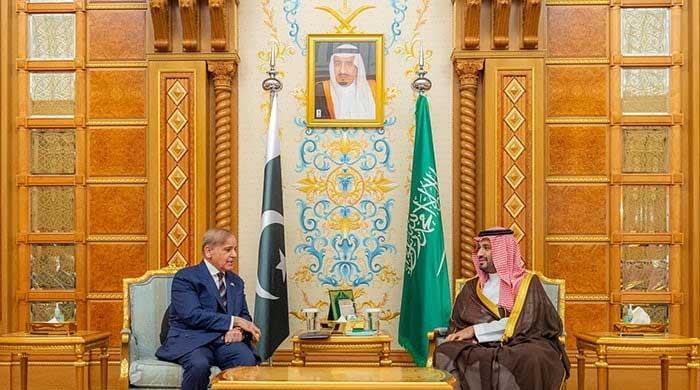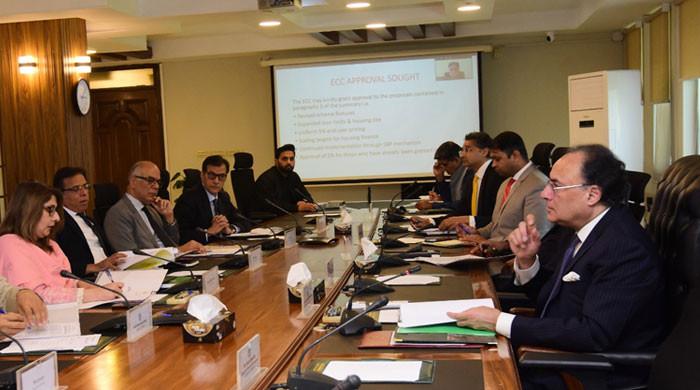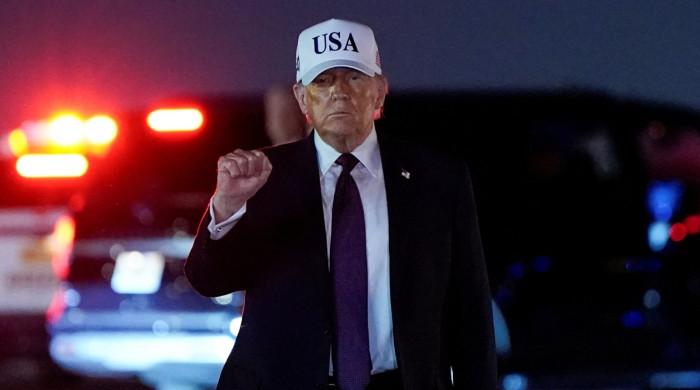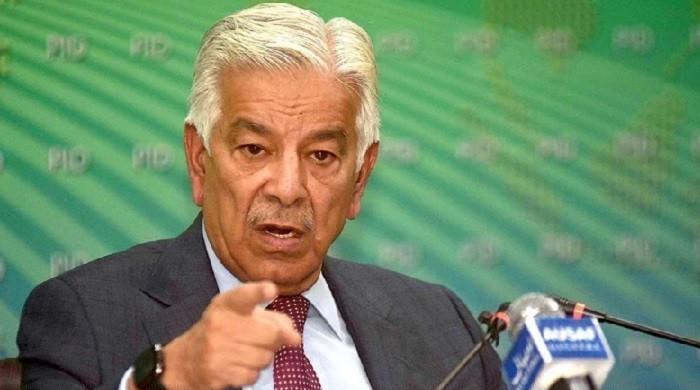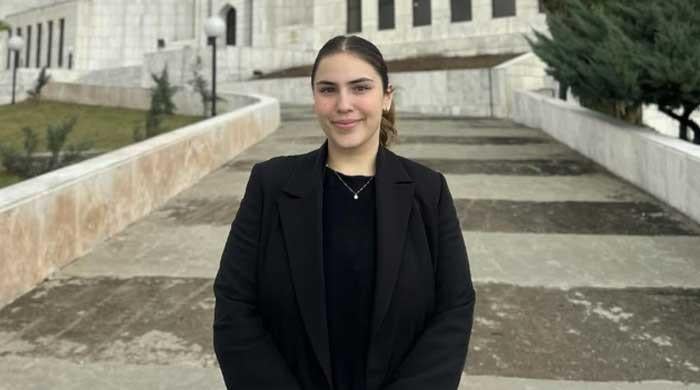Clerics issue decree to ban women from canvassing in Kohistan
"Taking women door-to-door for seeking votes is against the Islamic injunctions and Shariah," says JUI-F cleric
January 27, 2024
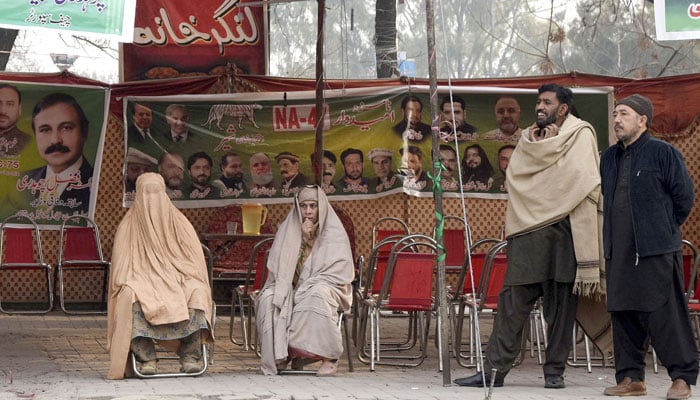
- Around 400 clerics from Kohistan endorse decree by JUI-F's mufti.
- Clerics say taking women door-to-door for campaigns 'un-Islamic'.
- At least 3 women candidates are vying for elections from district.
MANSEHRA: Parties competing for elections in Kohistan will not be allowed to send female members for door-to-door campaigning to gain voters in different constituencies of the district after a 30-member group of clerics — mostly from the Jamiat Ulema-e-Islam Fazl (JUI-F) — unanimously issued a decree against it, The News reported on Saturday.
In their decree, the group of clerics have strictly banned canvassing by women for the upcoming February 8 general elections.
Addressing a gathering, arranged at the JUI-F central office in Kohistan's Kamila town, JUI-F's Mufti Gul Shahzada of Kandia said: "Taking women door-to-door for seeking votes is against the Islamic injunctions and Shariah."
At least 400 clerics from different parts of the district attended the gathering and endorsed Mufti Shahzada, as he spelt out six decrees, all related to upcoming elections, in front of them.
Two women aspirants backed by the Pakistan Tehreek-e-Insaf (PTI), including Tehmina Faheem from PK-31 Kohistan-I and former lawmaker Momina Basit, and an independent Sanaya Sabeel from PK-33 Kolai-Palas are vying to win seats in the February 8 general elections for the first time in the district’s history.
Mufti Shahzada told the gathering that all decrees had been issued in light of the current situation. He said these were based on the Islamic injunctions with references taken from different religious books.
“If anybody votes against Islamic ideology, it means he is testifying to an untrue and biased statement, which is a grave sin and also against Islamic Shariah,” he added.
The clerics warned that taking the Holy Quran to compel people to vote was a sacrilegious act and should never be exercised.
“Those casting votes on the linguistic, regional and clan grounds are also negating Islamic teachings and no such exercise should be carried out in this district,” the mufti added.
When approached, the women contestants in Kohistan in the February 8 general elections said they would give their point of view after consulting their parties.





